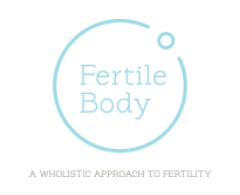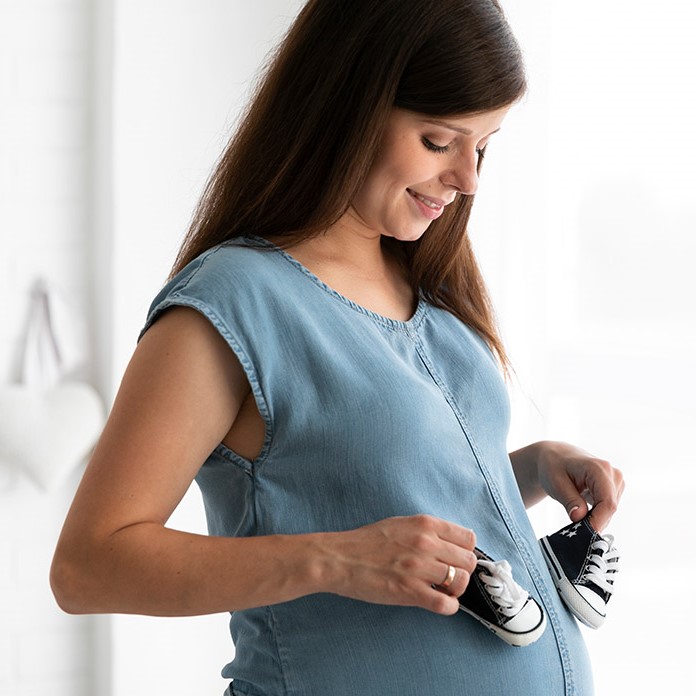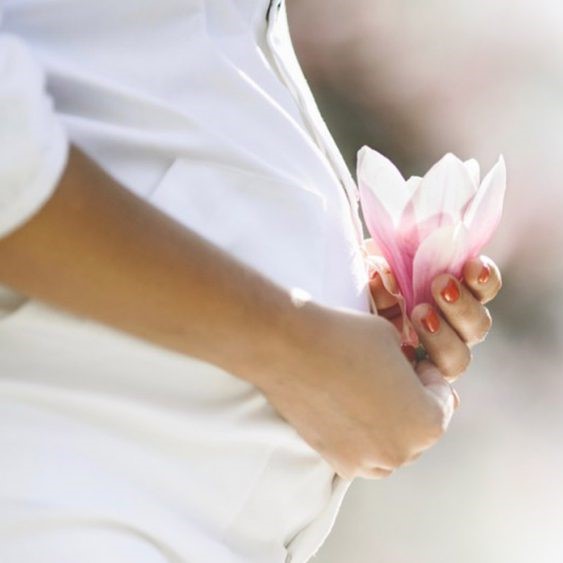Understanding Post-Partum Acupuncture
Traditional Chinese Medicine regards the first month after delivering a baby as an essential time of rest and recovery. However, in today’s fast-paced world, it’ll come as no surprise that many mothers feel a sense of pressure to be back on their feet in much less time. ‘Postpartum depletion’ is that feeling of fatigue and discomfort that lingers after childbirth from the loss of blood, lack of sleep, increased stress and breastfeeding. It is normal but it is important that you know that post-partum acupuncture can help treat it. Using a blend of acupuncture, dietary changes and lifestyle shifts, I’ll help support your body to be in a state of healing and recovery and to help you enjoy every moment with your new baby.
The post-partum period, often referred to as the “fourth trimester,” is a critical time for recovery and adjustment. Traditional Chinese Medicine (TCM) regards the first month after delivering a baby as an essential time of rest and recovery. However, in today’s fast-paced world, many mothers feel pressure to return to their normal routines quickly, often neglecting their own needs.
Post-partum acupuncture focuses on restoring balance to your body, replenishing energy, and addressing common post-birth challenges such as fatigue, hormonal imbalances, and emotional well-being. Research has shown that acupuncture can significantly improve recovery outcomes by promoting healing, reducing stress, and supporting overall health.
A study published in the Journal of Midwifery & Women’s Health found that women who received post-partum acupuncture reported faster recovery times, improved energy levels, and reduced symptoms of post-partum depression.
How Post-Partum Acupuncture Works
Acupuncture works by stimulating specific points on the body to regulate the flow of Qi (energy) and blood. During the post-partum period, this can provide several key benefits:
- Hormonal Balance:
- After childbirth, your body undergoes significant hormonal changes as it transitions from pregnancy to post-partum. Acupuncture can help regulate hormones such as oestrogen and progesterone, reducing symptoms like mood swings, fatigue, and irritability.
- Energy Restoration:
- The physical demands of childbirth and the sleepless nights of caring for a newborn can leave you feeling drained. Acupuncture helps replenish your energy by improving blood flow and supporting your body’s natural healing processes.
- Emotional Well-being:
- The post-partum period can be emotionally challenging, with many women experiencing mood swings, anxiety, or post-partum depression. Acupuncture triggers the release of endorphins, the body’s natural “feel-good” hormones, which can help improve your mood and reduce stress.
- Pain Relief:
- Whether you had a vaginal delivery or a caesarean section, childbirth can leave you with lingering pain and discomfort. Acupuncture can help alleviate pain by reducing inflammation, relaxing muscles, and promoting healing.
- Support for Breastfeeding:
Acupuncture can help address common breastfeeding challenges, such as low milk supply or mastitis, by improving circulation and balancing hormones.
What to Expect During a Post-partum Acupuncture Session
During your initial consultation, your acupuncturist will conduct a thorough assessment of your overall health and post-partum recovery. This may include:
- Pulse and Tongue Diagnosis: Traditional Chinese Medicine (TCM) practitioners use these techniques to assess your body’s energy flow and identify any imbalances.
- Personalised Treatment Plan: Based on the diagnosis, your acupuncturist will create a treatment plan tailored to your specific needs and recovery goals.
A typical acupuncture session lasts about 60 minutes. You’ll lie comfortably on a treatment table while the acupuncturist inserts fine, sterile needles into specific points on your body. Most people find the experience relaxing and pain-free.
Combining Acupuncture with Other Post-partum Support Therapies
In addition to acupuncture, there are several other therapies and lifestyle changes that can enhance your post-partum recovery:
- Nutrition:
- Focus on a nutrient-dense diet rich in whole foods, including fruits, vegetables, lean proteins, and healthy fats.
- Incorporate post-partum superfoods like bone broth, leafy greens, and oats to support healing and milk production.
- Stay hydrated by drinking plenty of water and herbal teas.
- Rest and Sleep:
- Prioritise rest and sleep whenever possible, even if it means napping during the day.
- Create a calming bedtime routine to improve sleep quality.
- Stress Management:
- Practice mindfulness techniques like meditation, deep breathing, or journaling to reduce stress.
- Consider therapies like massage or reflexology to promote relaxation.
- Gentle Exercise:
- Engage in gentle exercises like walking or post-natal yoga to improve circulation and support recovery.
- Avoid high-intensity workouts until your body has fully healed.
Post-Partum Acupuncture FAQs
Q: Is acupuncture safe during the post-partum period?
Q: How many sessions of post-partum acupuncture do I need?
Q: Can acupuncture help with post-partum depression?
Q: How soon after childbirth can I start acupuncture?
References
Journal of Midwifery & Women’s Health. (2017). Acupuncture for Post-partum Recovery: A Randomised Controlled Trial. Available at: https://onlinelibrary.wiley.com/doi/10.1111/jmwh.12345
Journal of Obstetrics and Gynaecology. (2019). The Role of Acupuncture in Post-partum Depression. Available at: https://www.tandfonline.com/doi/full/10.1080/01443615.2018.1530967
American Pregnancy Association. (n.d.). Post-partum Acupuncture: What You Need to Know. Available at: https://americanpregnancy.org/pregnancy-health/post-partum-acupuncture/
National Center for Complementary and Integrative Health. (n.d.). Acupuncture: In-Depth. Available at: https://www.nccih.nih.gov/health/acupuncture-in-depth


